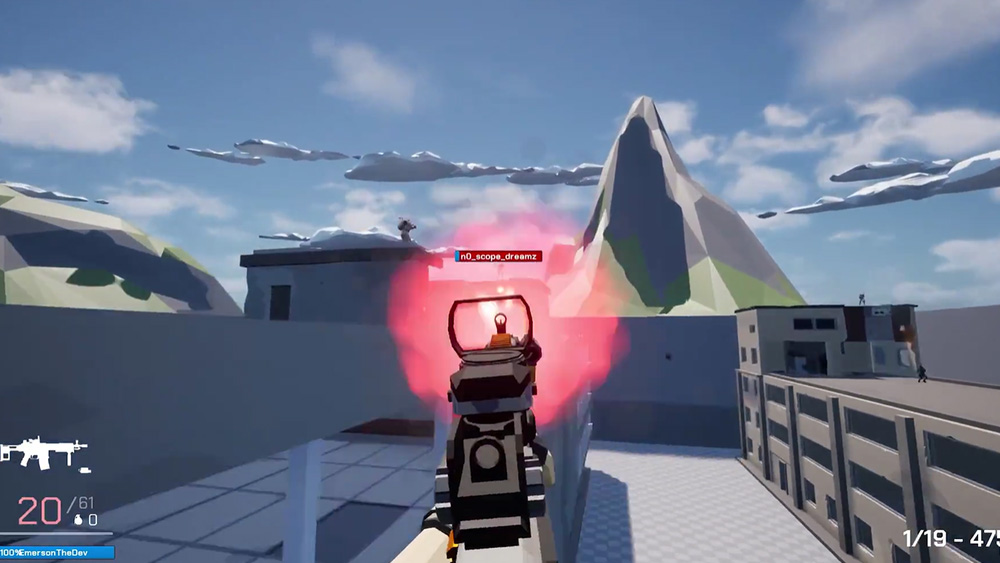10 questions to ask yourself before you build a website
Ready to build your own website from scratch? It may be wise to stop and think for a moment. Do you have a foolproof strategy in place? This article will help you figure it out.

Are you ready to take your work online? While the actual process of building a website is very simple, there are a few significant things to consider before you take the first step towards building your online presence as a creative professional. Things like: “What’s going to be the purpose of your website?” and “Who’s your target audience?”
The way you answer these questions won’t just help you figure out a successful strategy for the future, it may even affect the way you launch your website in the first place.
Here are the 10 questions you need to ask yourself before you build a website. It may not seem like much now, but answering these questions honestly and carefully will help you ensure a smooth sailing journey ahead. You may also want to check out our guide on the best best website builder of 2020 for further advice on how to proceed.
01. What is the purpose of your website?
The first and most important question has to do with the reason why you’re launching your website to begin with. Ask yourself: what do you need from this website and what kind of purpose do you want it to serve?
Is your website just going to be about fulfilling a hobby? If so, you can easily take a very leisurely approach with website creation, content ideation, and hosting choice.
If, however, you are creating your website for professional reasons, it’d require buying a hosting plan that won’t run out on you easily, maintaining a professional and work-friendly website design, and creating a steady stream of fresh content to attract visitors and keep them coming back.
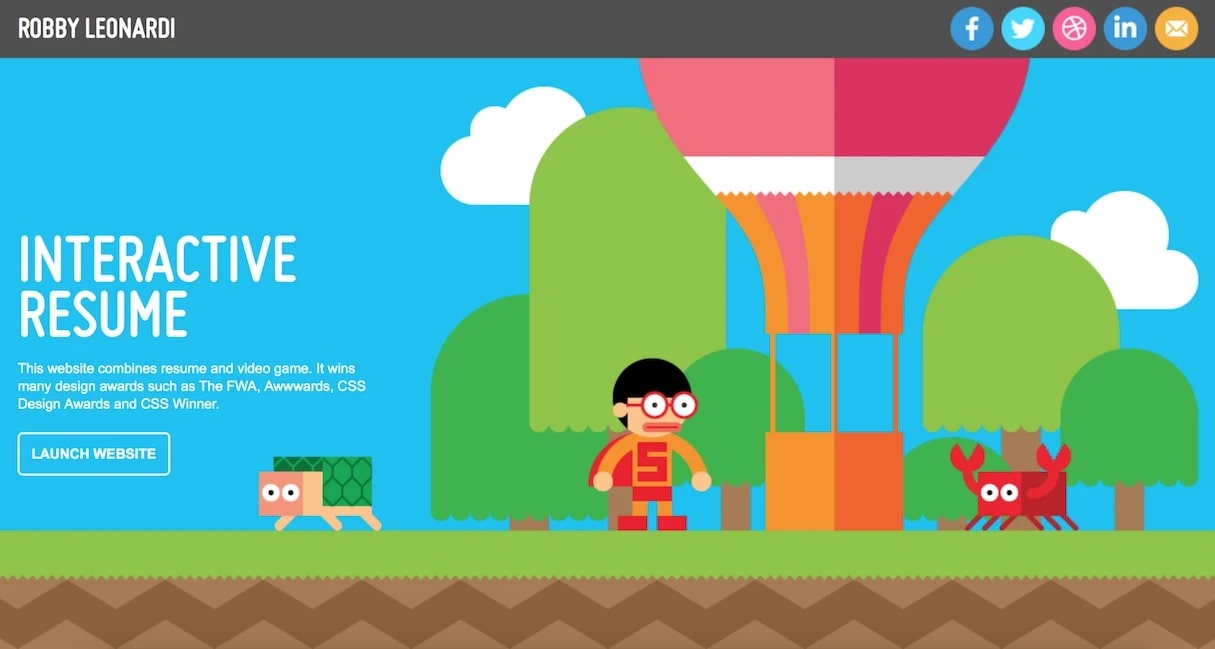
02. Who is your target audience?
The next question that presents itself is about your website’s target audience, or the people you’d like to attract as visitors.
Get the Creative Bloq Newsletter
Daily design news, reviews, how-tos and more, as picked by the editors.
You will want to think about who would have an actual interest in your work and if they would pay for it.
You may also need to ask more specific questions, like “What level of experience will my target audience have with the subject matter?” and “How should I go about encouraging them to make a purchase?”
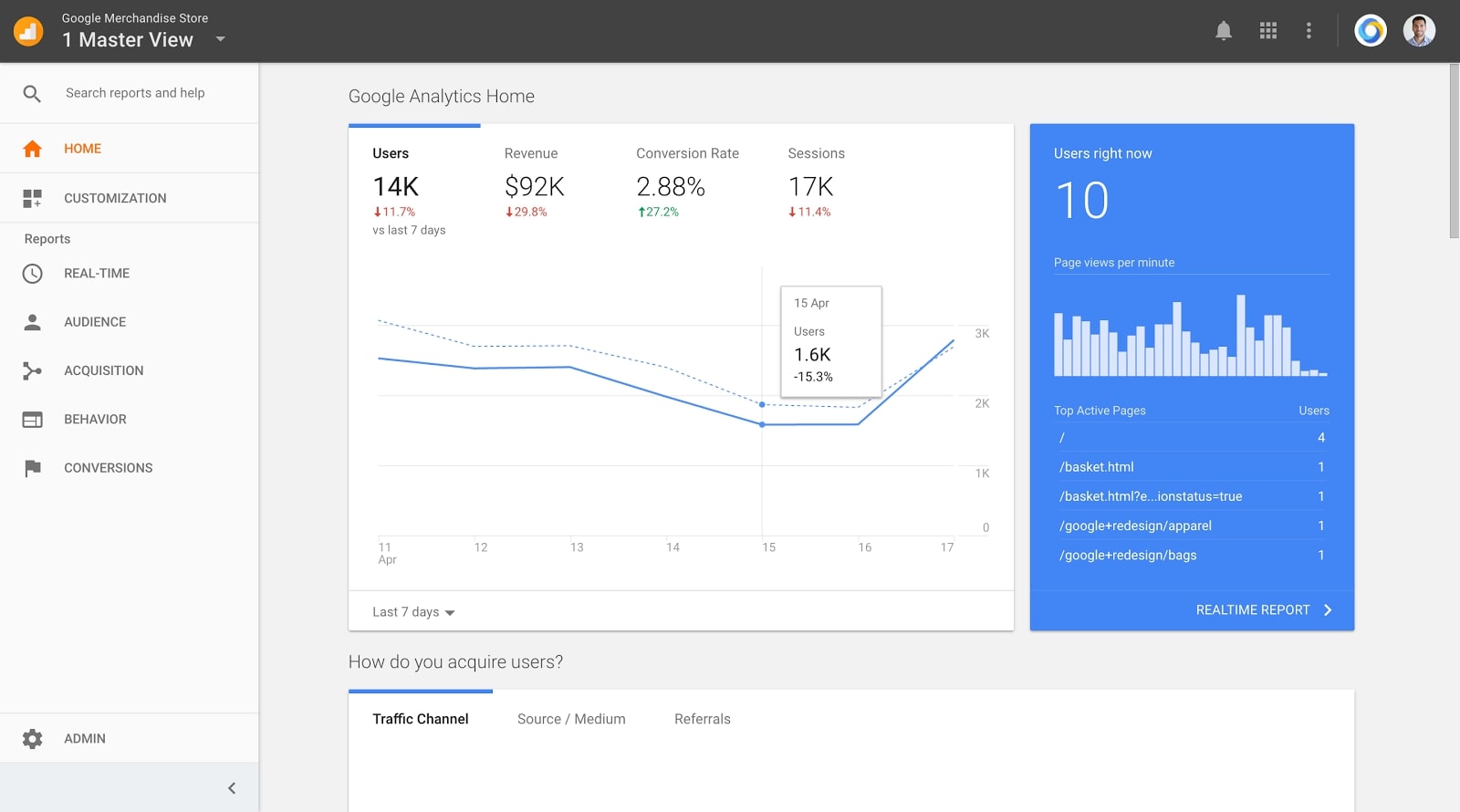
03. How will you attract the audience to your website?
The immediate follow-up to the question before is how will you attract your target audience and get them to see your content. The answer to this question lies in what’s going to become your future promotional strategy.
Use digital marketing to your advantage. Launch our own blog. Stay active on social media. Regularly haunt online forums. Practice search engine optimization. Even pay for ads if necessary.
Your goal is not just to attract traffic to your website, but to attract the right demographic of traffic.
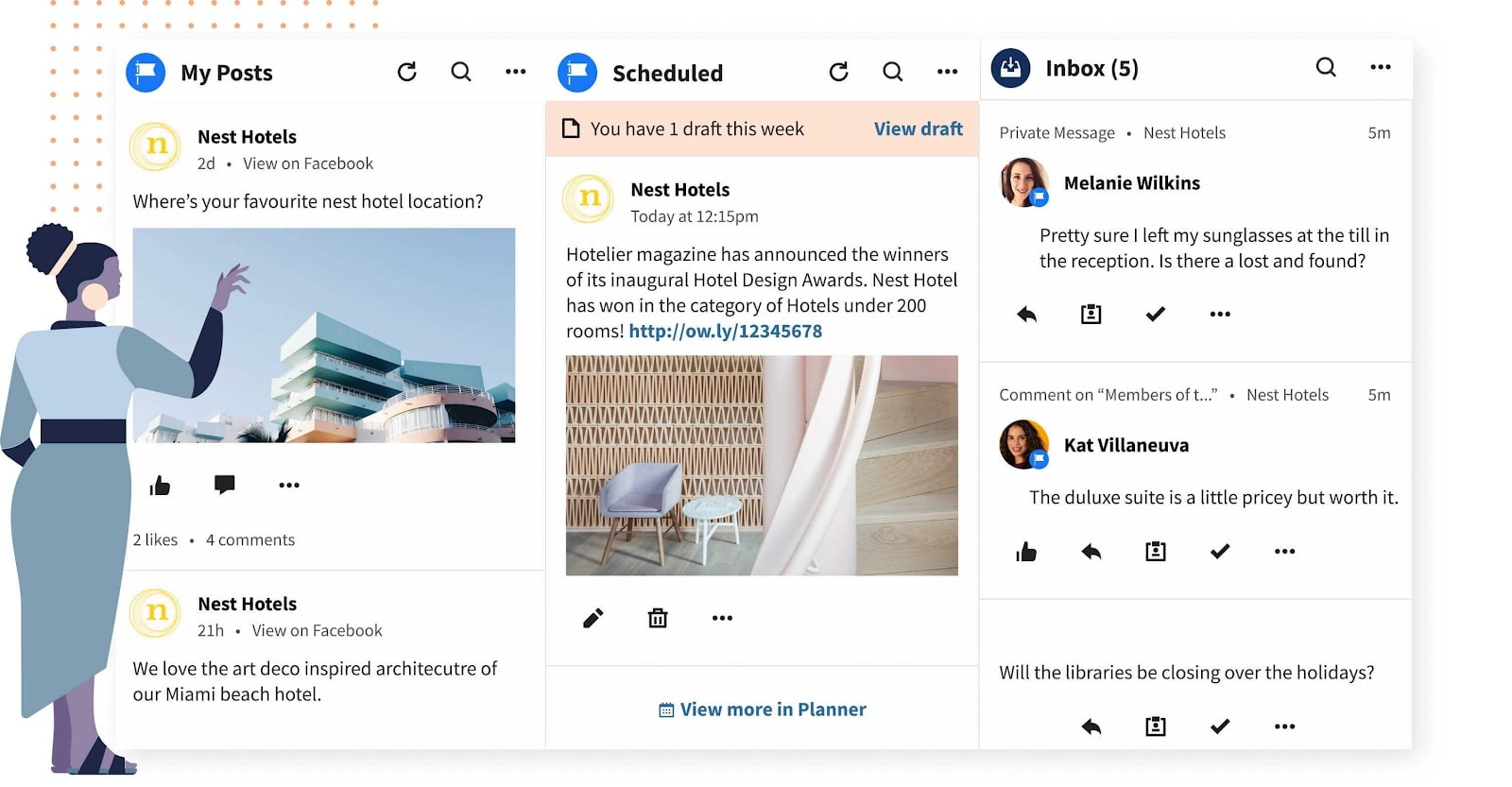
04. What will keep the audience coming back?
Once you’ve attracted visitors to your website, the next step is to retain them. Internet users have a short attention span, and they rarely stay on a single page for too long. Unless your website is filled with fresh content to keep readers interested, and there are things that they can do to keep themselves engaged on your website, they will likely just leave.
There are a number of ways to increase the average time spent on your website. First, you will need an analytics tool.
Google analytics, for example, can help you figure out your bounce rate, or the percentage of people who entered your website and left without clicking on anything else. Introducing a comments section to your blog, adding social media buttons, and including a call to action are all proven ways to improve your bounce rate.
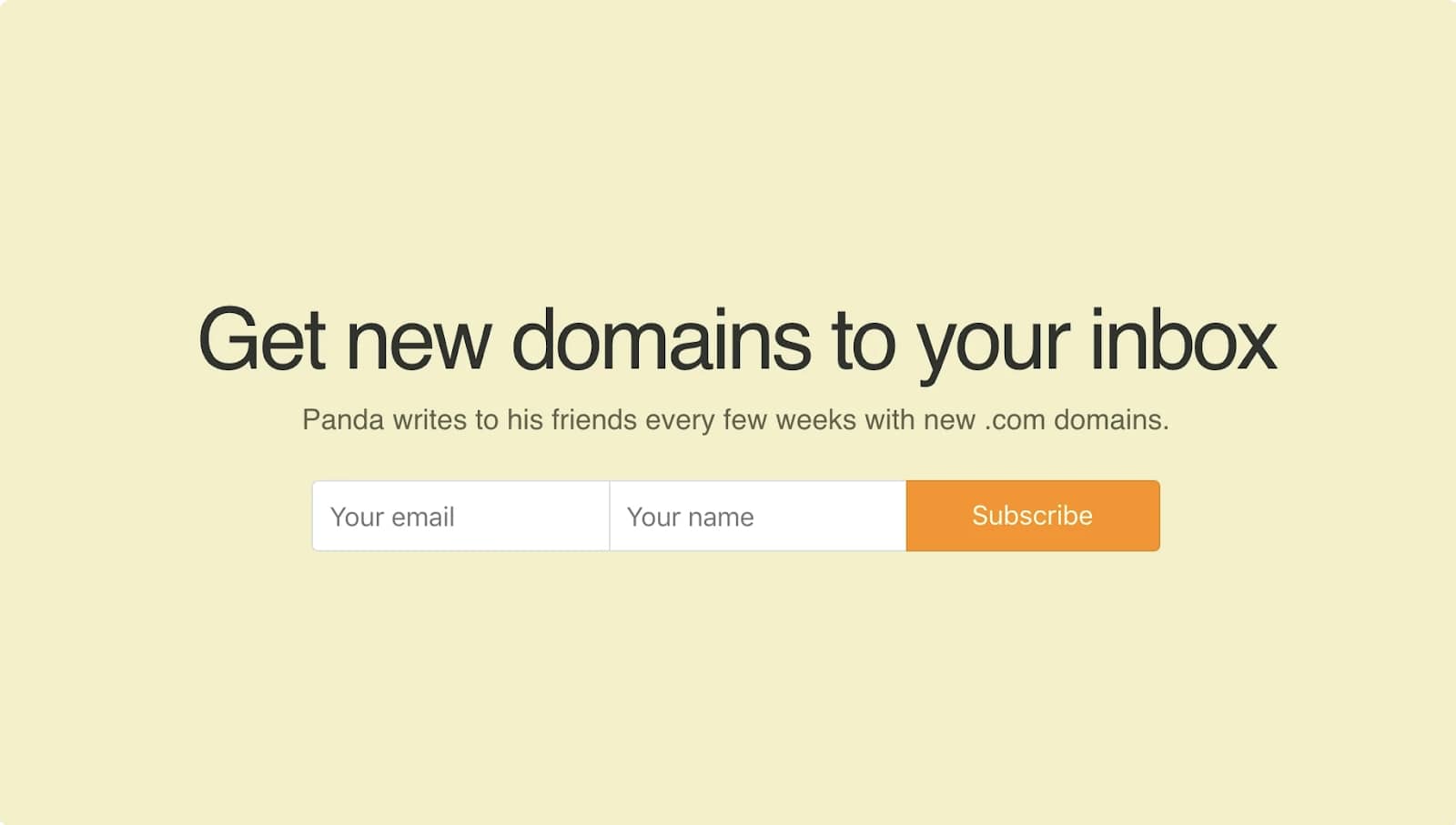
05. Is there a call to action?
A call to action is an element on your website page, usually a button or a form, that encourages visitors to take some kind of action or interact with your website. This is the most important element of building a website because it helps you translate visitors into customers.
You have to ask yourself, “What kind of action do I want users to take once they’re on my website?” Depending on the answer, you may have to take a specific approach with web design or content ideation.
A call to action can be as simple as a sign-up button for an email newsletter, or a link to a product page, but it has to be designed to draw attention. The entire website design is built around this call to action.
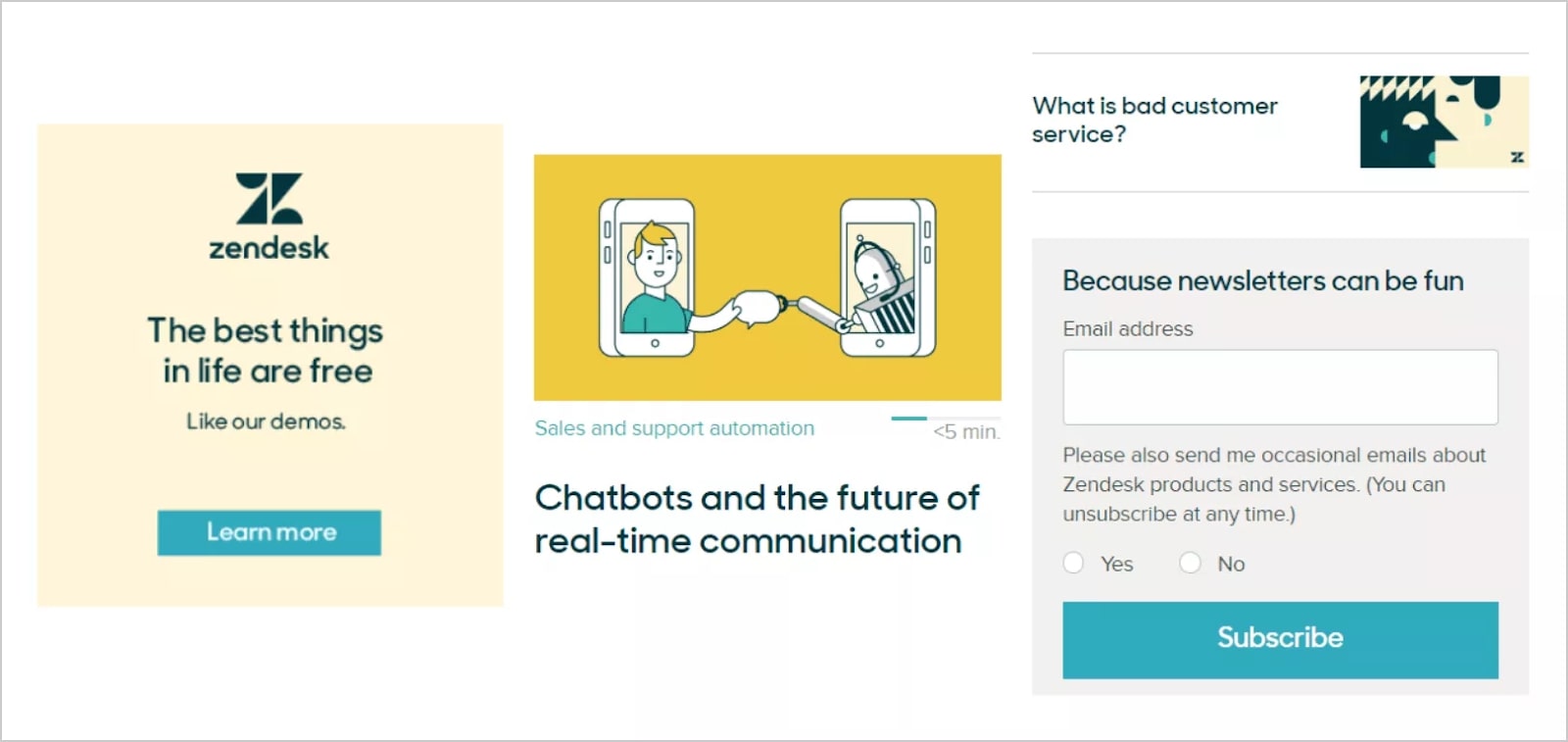
06. How will you stand apart?
There were 1.72 billion websites in the world as of 2020. Whatever your industry and approach, chances are it’s been done before.
But, do you bring a unique perspective to your line of work? Do you have access to unique sources of information in your industry? Do you have a good story to tell? If so, you might just have a shot at making your website truly distinctive.
It’s possible to differentiate your website and brand with nothing more than a unique voice or writing style. But if you have more than one way to beat the competition, it’s always an advantage.
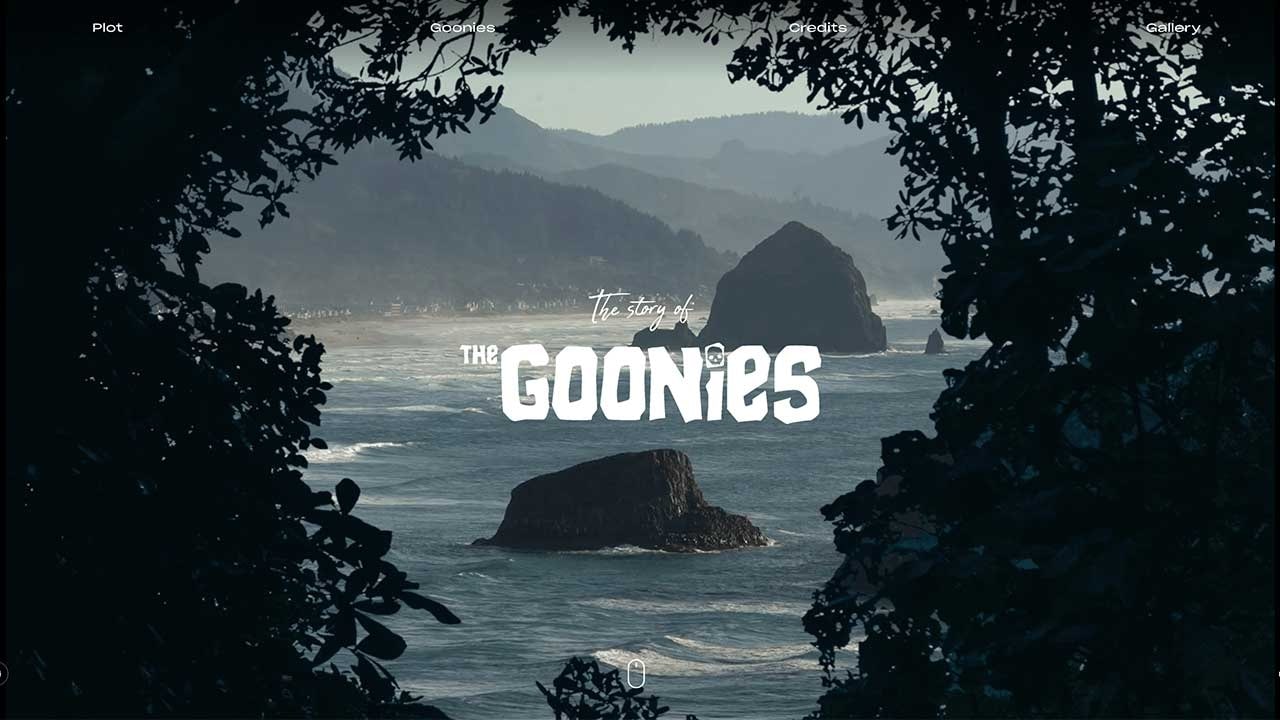
07. What will your primary source of traffic be?
There are two types of sources that can be used to attract visitors to your website: organic and inorganic.
Organic traffic is derived from search engines, unpaid links on other websites, and direct hits from people’s browsers. Inorganic traffic, on the other hand, is traffic generated through money, such as advertisements and paid promotions.
The idea behind a successful website is to maximize organic traffic and use inorganic sources judiciously. This is because organic traffic improves your website’s ranking in search engines, while inorganic traffic does not. You need to figure out a way to drive as much organic traffic to your website as possible, through search engine optimization (SEO) and social media marketing (SMM).
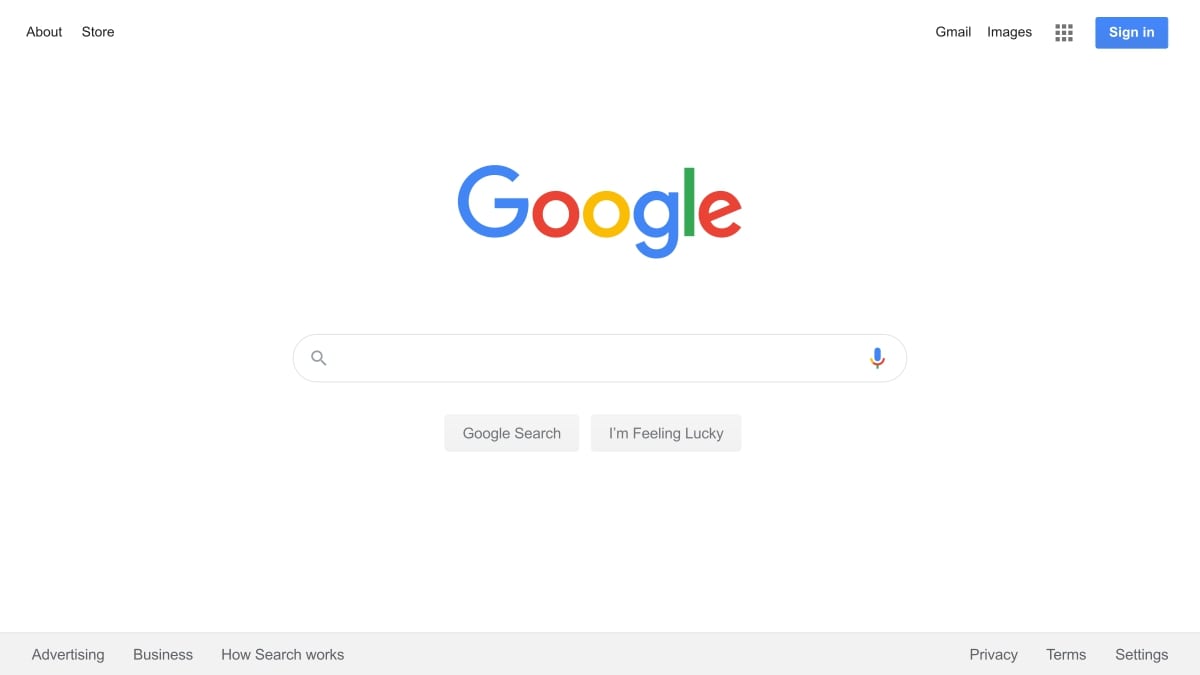
08. Who will create your website’s content?
This may seem obvious, but a good website needs content creators who regularly replenish it with fresh material.
Content creators are usually writers, artists, photographers, or even all three! You can either create your own content, which is the recommended way for individuals and small businesses, or you can pay someone to do it for you.
Without content, visitors will have no reason to access your website. Think long and hard before you assign someone the role of creating content for your website.
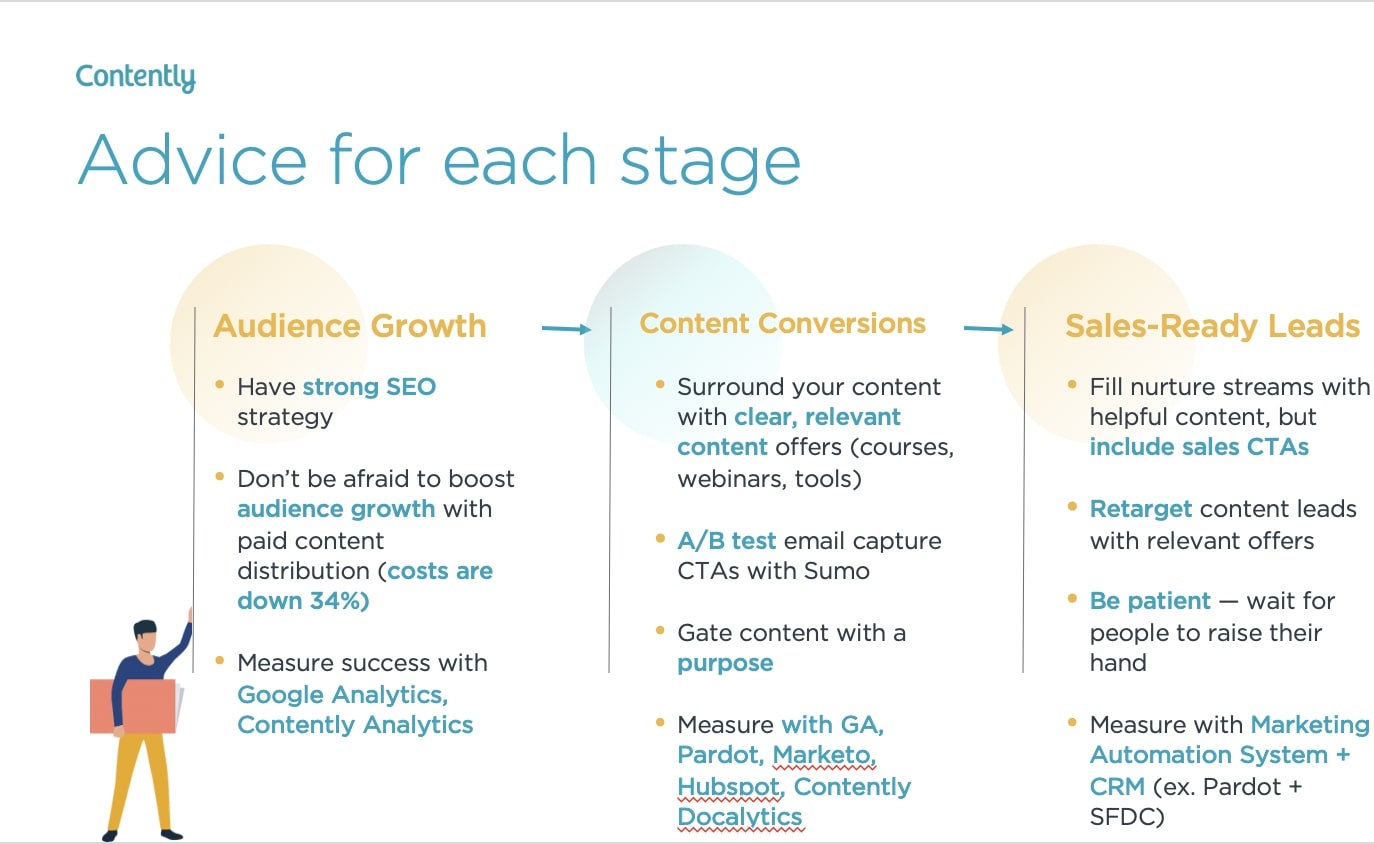
09. How much technical knowledge do you have?
You don’t even have to know how to code—all you need to do is educate yourself about basic things like setting up a content management system or installing a web design theme. There are people who charge heavy money for doing just this, but knowing these will help you save a lot of money.
If you know how to install a content management platform, you can even pick a cheaper hosting plan instead of one that automates the process for you, which is costlier. By using powerful website builders like Wix or Weebly, or buying a readymade theme for WordPress, you can build your own website without writing a single line of actual code.
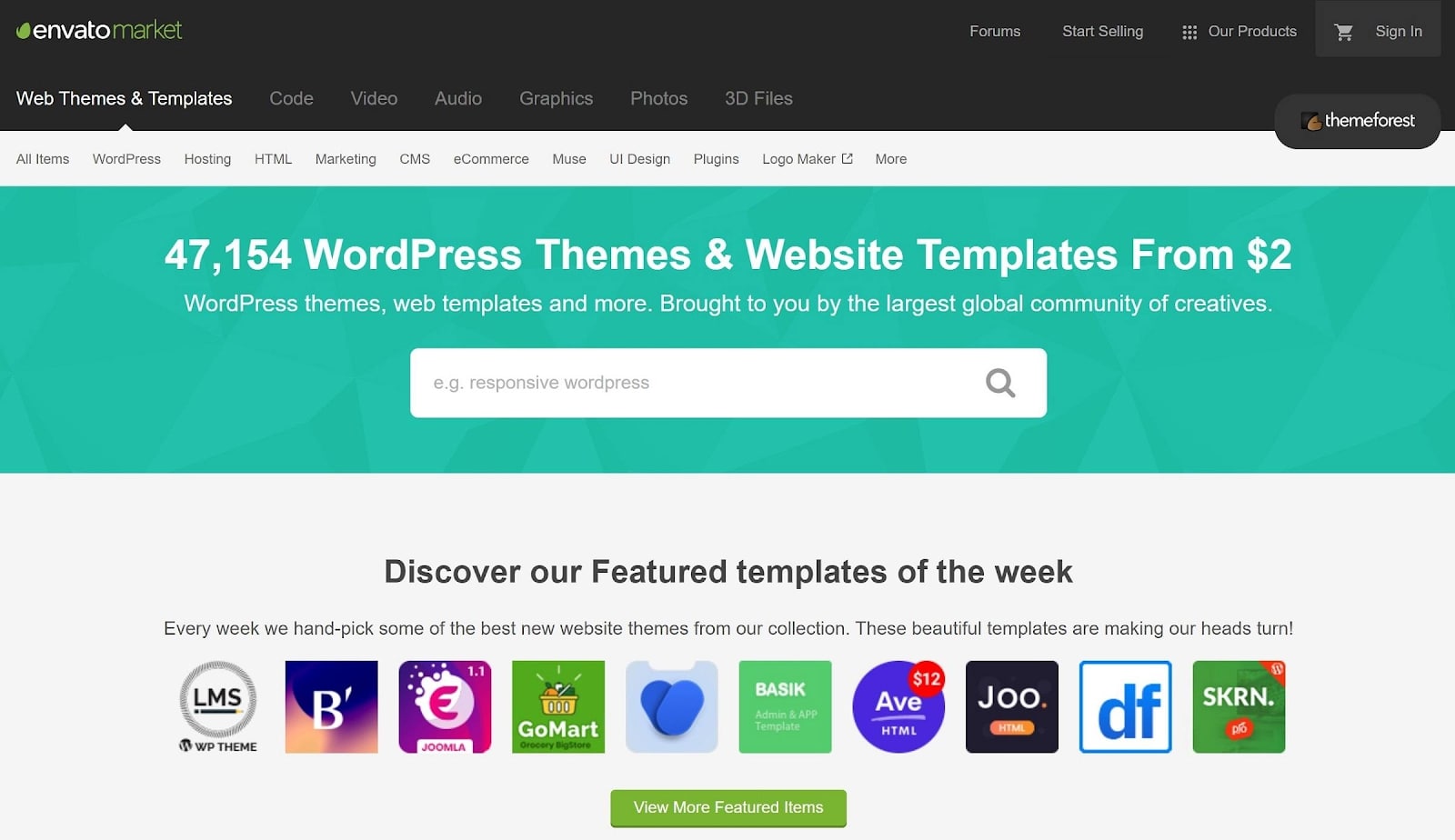
10. What is your total budget?
Creating a website isn’t necessarily expensive, but it can be, depending on your requirements. If you’re about to launch a website for professional reasons, it is wise to have a budget in place before you proceed further.
How much money in total are you prepared to spend on your website? Once you have figured that out, try to divide your budget into separate categories like hosting, web design, and marketing campaigns.
Depending on your specific use case, you’ll need to suitably divide your budget among all these categories to achieve the best results.
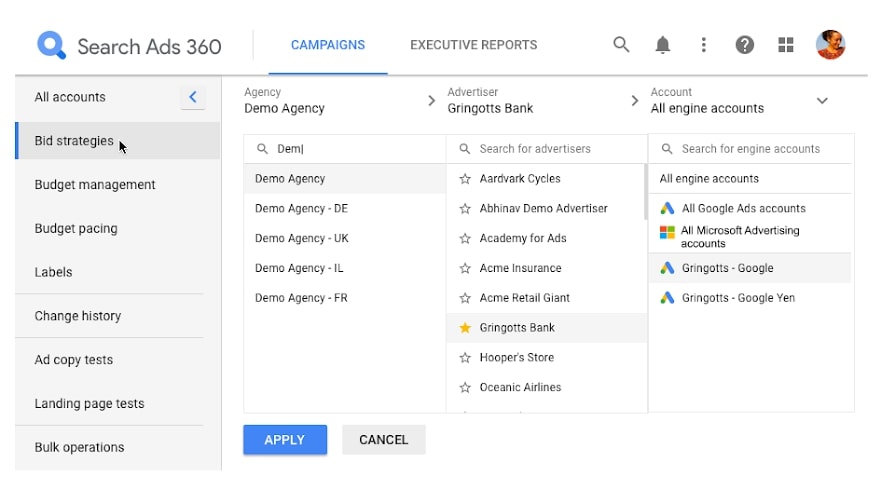
Read more:

Thank you for reading 5 articles this month* Join now for unlimited access
Enjoy your first month for just £1 / $1 / €1
*Read 5 free articles per month without a subscription

Join now for unlimited access
Try first month for just £1 / $1 / €1

Ritoban Mukherjee is a tech and innovations journalist from West Bengal, India. He writes about creative software, from AI website builders, to image manipulation tools, to digital art generators, and beyond. He has also been published on Tom's Guide, Techradar, IT Pro, Gizmodo, Quartz, and Mental Floss.
